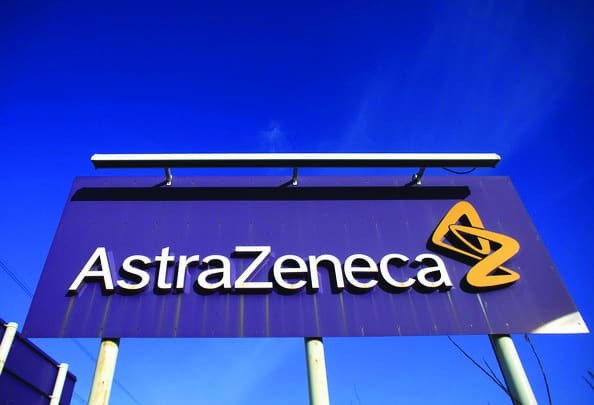
AstraZeneca receives FDA approval for Farxiga
pharmafile | October 21, 2019 | News story | Sales and Marketing |
AstraZeneca have announced that the US FDA has approved Farxiga (dapagliflozin) to reduce the risk of hospitalisation for heart failure in adults with type-2 diabetes and established cardiovascular disease (CVD) or multiple cardiovascular (CV) risk factors.
The approval comes on the back of data from its landmark DECLARE-TIMI 58 CV outcomes trial, the largest sodium-glucose cotransporter 2 inhibitor cardiovascular outcomes trial to date that evaluated type 2 diabetes patients with multiple CV risk factors or established CV disease.
Ruud Dober, Executive Vice President of AstraZeneca’s BioPharmacetuicals Business Unit, said: “Farxiga is the first SGLT2 inhibitor approved in the US to reduce the risk of hospitalisation for heart failure in type-2 diabetes patients with established cardiovascular disease or multiple cardiovascular risk factors.
“This is promising news for the 30 million people living with type-2 diabetes in the US, as heart failure is one of the earliest cardiovascular complications for them, before heart attack or stroke. Farxiga now offers the opportunity for physicians to act sooner and reduce the risk of hospitalisation for heart failure.”
The FDA had already granted Fast Tract designation for Farxiga to reduce the risk of CV death or the worsening of heart failure in adults with heart failure with reduced ejection fraction (HFrEF) or preserved ejection fraction (HFpEF) based on phase III data from DAPA-HF and DELIVER trials.
Today’s FDA approval follows an update to the marketing authorisation in the EU earlier in August this year and the drug is also currently under regulatory review in China with a decision expected in the first half of 2020.
Farxiga is a first-in-class, oral, once-daily SGLT2 inhibitor indicated as both monotherapy and combination therapy to improve glycaemic control with additional benefits such as weight loss and blood pressure reduction.
The drug has a strong programme of clinical trials that includes more than 35 completed and ongoing phase IIb/III studies in over 35,000 patients.
Nik Kiran








